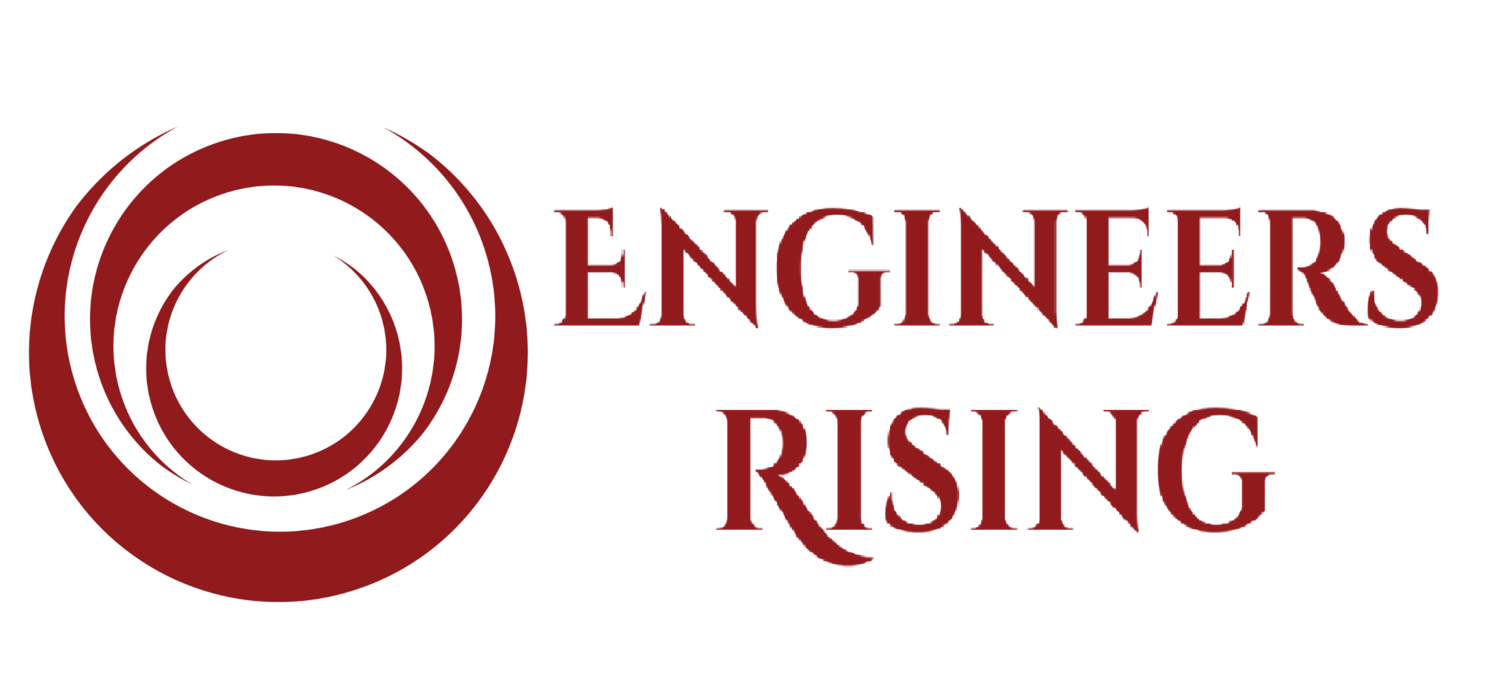Deciding if you should quit your current job and start a job hunt or make a career pivot can be agonizing.
Toxic workplaces aside, this decision is often not clear-cut. As you think about starting a job hunt, there's a sense of anxiety, particularly if you want to transition to a different type of work or industry that's not a lateral move or "next step up" from your current role.
You consider the energy it will take to start over with a new employer, where you don't know the people or culture. "My current situation isn't THAT bad, and at least I know what I've got," you think to yourself.
Or perhaps you're thinking about starting your own company or looking into freelancing options, and that sounds exhausting too.
You're waking up in the middle of the night, wondering if you can salvage your current role and ruminating over yet another passive-aggressive comment made toward you at work. You wonder if you should even bother looking for another job or if you'd have the same challenges in a new role.
You may even have a list of pros and cons of staying in your current role versus moving on, yet struggle to decide because it feels like a lot of effort for an unknown outcome.
Then, you start reading articles about the "great resignation" and wonder: Is now an ideal time to look for a new job? For many, the answer to that question is a resounding "YES!" According to this Fortune article, 65% of employees in the US are currently looking for a new job.
Today, I'll share six questions to ask yourself to get a definitive answer on "Should I quit my job right now?" so that you can stop stressing over making that decision and move on to the next phase of your career, whether it's where you are currently or in a new position.
Like what you’re reading? Join our community!
6 Questions to ask yourself to decide before you quit:
#1 Do you have a financial runway in place?
You've got to pay the bills, but that doesn't necessarily mean you're required to have a written job offer in hand before quitting. If you want to quit and don't have another job offer, you still have options. Examples:
Savings (financial experts recommend 3-6 months minimum)
Taking on a roommate (admittedly more difficult in COVID)
Free-lancing or a part-time temp job
Moving in with family or friends to cut costs
Regardless of which option is best for you, the key is to have a plan BEFORE you quit. Quitting on a whim or because you got fed up with your manager one afternoon rarely works out as well as it could for you.
#2 Fast forward to one year from now: Do you still want to be in this job?
Go ahead and make those pro and con lists and spreadsheets if needed. But after you've done that, trust your intuition. From my own experience and in coaching many women: Your gut reaction tells you more about how you feel about your job than all of your spreadsheets combined do.
From a neuroscience standpoint, only about 5% of our brain's processes are conscious, which means that the vast majority of the thinking and decision-making we do occurs unconsciously. We aren't even aware it's happening.
Yet, we'll often try to rationalize or justify staying in a place that isn't a good fit. When we do that, we are essentially allowing the 5% of our conscious processing power to overrule the 95% of our unconscious minds, which is screaming at us (via our intuition) that it's time to move on.
As technical professionals, we often ignore our guts and rationalize that decision, telling ourselves, "that's not logical." As a result – and particularly for women - we stay in organizations long after we should out of either some misplaced sense of loyalty or the idea that we aren't a quitter, so we'll stick it out.
This powerful question cuts through all that rumination, and if you trust yourself and your powerful brain, you'll listen.
#3 Are their growth paths available to you in this organization?
Everyone prefers clear, transparent growth paths, but that's not the case in many organizations. Examples of growth paths can include:
The obvious, like a promotion or raise
Learning a new skill
Taking on a challenging stretch project
Leading a new initiative
Volunteer opportunities, particularly those in your field
Attending industry conferences
Executive, business, and career coaching
Earning a degree or certification
Are the growth paths available to you ones that are valuable to you? (And a related question: Have you exhausted all avenues to determine the available growth paths, such as asking if your employer will sponsor/pay for some of these activities?)
Even if your organization only gives you time off for some of these activities, that can be valuable if you can grow in alignment with your specific career goals.
#4 Are you in the 3–5-year salary bump window?
One of the best ways to boost your pay is by changing organizations. In the book, "When," Daniel Pink cites ADP research – one of the largest payroll processors in the US – which found that the best time to switch jobs is 3-5 years after you've started there.
If you are in the three to five-year window and your answer to question #2 was "no," now is the perfect time to consider a career shift.
What about more experienced professionals who have been with their organizations for more than five years? In these cases, timing doesn't matter as much. However, if you are stuck or stagnant, consider a lateral move. As stated in this Forbes article:
"Women (and other under-represented groups) especially can often benefit from lateral career moves, because they are more likely to get stuck in the "it's-not-your-time-yet" quicksand, and a lateral move may actually be a path up."
#5 Is your daily work in line with your long-term goals?
I know firsthand that challenging work can be incredibly dull if it's not aligned with the skills I want to acquire. This has been the case for many of my coaching clients as well. When there is a consistent mismatch between what you're doing day-to-day and where you see yourself long-term, you will have more bad days at work than good ones because the work isn't fulfilling to you. Two common examples:
You're stuck in an individual contributor role when you want to be a manager
You're working on projects that are simply not challenging your technical abilities
Additionally, work that is not in line with your LIFE goals is also problematic, as with work-life balance struggles. Your satisfaction with your workload right now has to be in line with your life priorities. If you've already tried your best to set boundaries at work or you're already dealing with burnout, it's time to consider moving on from your current organization.
#6 Are you satisfied with the level of autonomy you have in your work?
Autonomy is the level of control you have over when and where you get your work done. In Dr. Ron Friedman's book, "The Best Place to Work: The Art and Science of Creating an Extraordinary Workplace," he cites "Autonomy and choice in how we approach our work" as one of the basic human needs we need to be happy at work.
We're all aware of the extremes here: the micromanagers and the completely hands-off managers. But in most cases, our actual level of control over our work falls somewhere in between.
I've observed significant preference differences in these levels between individual employees and managers. Some employees want more day-to-day training and help, especially when learning a new skill, switching industries, or starting in a new role. Some employees and managers value rules, regulations, and order, which means they struggle when given too much autonomy. Other employees and managers desire a hands-off approach. It's a matter of aligning your preferred style with that of your manager.
When there is a mismatch, this is often one of the most challenging work-culture issues to overcome, especially if the mismatch is between you and your manager and there are no options available to change managers. When you're satisfied with your level of workplace flexibility, it directly affects your overall satisfaction in your work, which is why this question made our top 6 list of questions to ask when you're considering quitting your job.
What if I answered these questions, and I'm still not sure?
There is no certainty in our career paths. As I (and many other engineers) have learned firsthand during economic downturns, even, a seemingly "secure" corporate position only offers the illusion of security.
If you've answered "yes" to question 1 and "no" to questions 2 and 3, often there is an underlying confidence-related challenge that is holding you back from going for a new position.
Sometimes the answers to these questions are "maybe" instead of "yes" or "no.” If that's you, my next blog will address what you can do to get out of "maybe" land so you can make this decision.
Alternately, if making this decision is an immediate priority for you, let me help! Hit the "contact" button at the top of this page and send me an email, and we'll schedule a (free) clarity consultation to get you clear on the right next step for you.




